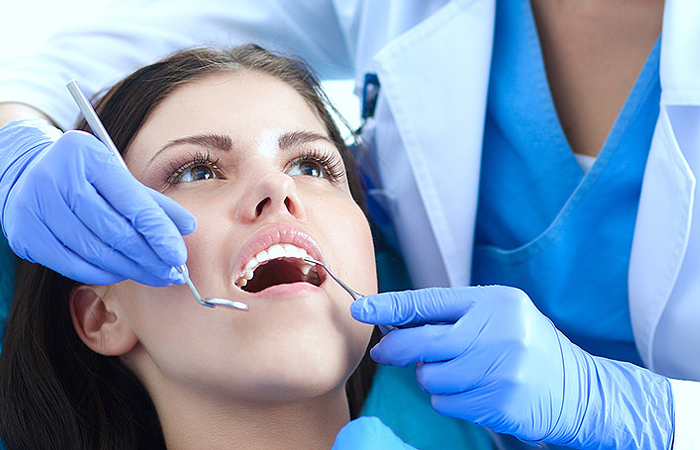
Grinding and Clenching (Bruxism) TMJ Treatment
Home »People manifest stress in many different ways. Some people, without even knowing they are doing it, clench and grind their teeth, particularly when they sleep.
Common Symptoms are:
- Worn down teeth
- Cracked and fractured teeth
- Headaches and neck-aches
- Jaw joint pains; TMJ pain (temporo mandibular joint pain)
Most patients are unaware of their problem. Headaches and pain in your TMJ joints are a starting point in the diagnosis. These symptoms are often associated with stressful situations. During the day if we are aware that we are clenching or grinding out teeth, just stop — then relax and separate the teeth.
Night-time grinding, called sleep bruxism, is harder to deal with because we have no idea we are grinding our teeth. We usually construct a night time only splint or guard that protects the teeth, because the night-guard prevents the teeth from coming into contact. This will protect the teeth by stopping excessive tooth wear and/or associated headaches, caused by the tension of the muscles that make the jaw move.
The night-guard acts as a smooth surface, like an ‘ice-rink’ to allow smooth gliding of the jaws, with no catching of individual teeth.
